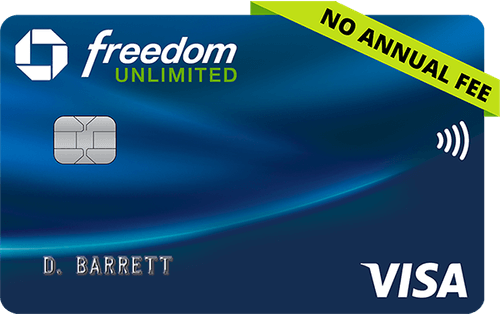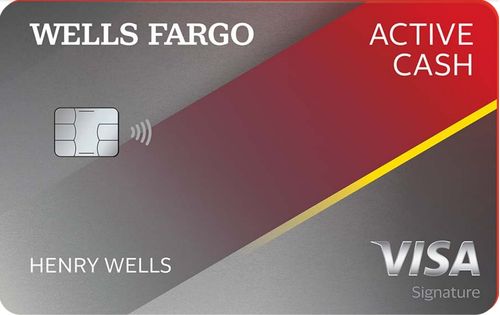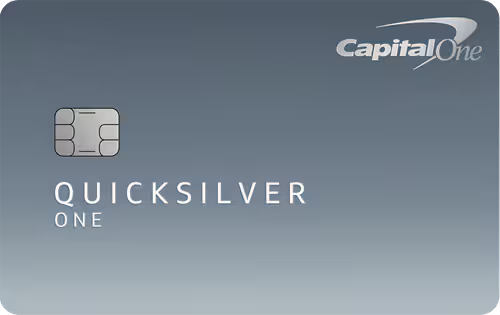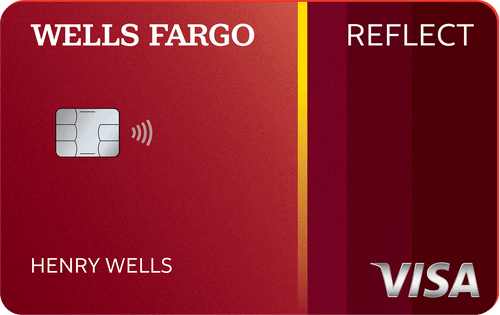WalletHub, Financial Company
@WalletHub
It’s better to pay off your credit card than to keep a balance because paying the card off will save you money on interest. Credit card companies charge interest when you don’t pay your bill in full every month, but you’ll enjoy a grace period with no interest if you always pay your full statement balance by the due date.
Some people think you need to carry a balance in order to see positive information on your credit report, but that’s simply not true. You don’t even need to use your credit card to build credit. Simply keeping an account open and in good standing is enough to help your credit.
Here’s why it’s better to pay off your card than to carry a balance:
- If you pay your bill in full each month, you won’t be charged any interest on most credit cards, thanks to a grace period. But you’ll lose the grace period if you don’t pay in full one month, and you’ll have to pay your entire balance for two consecutive billing cycles to get it back.
- You don’t need to carry a balance for a credit card to help your credit score. What matters most for credit building is meeting due dates and keeping credit utilization low.
- Paying your bills on time doesn’t require you to pay your balance in full each month. You just have to make the minimum payment listed on your statement. But if you take on too much debt, you may find it hard to make your monthly payments.
- Carrying a balance makes it harder to keep your credit utilization low, since your everyday spending will be added on top of the amount you’re carrying from month to month. It’s best to use less than 30% of the credit made available to you.
So, to recap, it’s better to pay off your credit card than to carry a balance because it builds your credit history just as well without subjecting you to interest charges. Just remember, not carrying a balance does not mean you have to stop using your credit card. There is a middle ground. A balance will be listed on your credit card statement whenever you make purchases, but if you pay that amount by the due date, you won’t really be carrying a balance.
Using your card regularly actually helps because having a credit utilization ratio between 1% and 10% is slightly better for your credit score than 0%. But credit utilization is based on your statement balance, and your monthly statement comes before the due date. So you can still pay your bill in full every month while doing right by your credit score.
Why 0% APR credit cards are an exception
During the 0% APR introductory period, your balance – whether from a purchase or balance transfer – won’t accrue interest as long as you pay the minimum amount required by the due date each month. So, keeping a balance is expected, but you do have to make monthly payments along the way. And if you don’t pay in full by the end of the 0% period, interest will come into play.
That said, if you’ve got some credit card debt you’d like to get rid of, a 0% balance transfer credit card could help you save a lot of time and money. And if you’re trying to improve your credit, WalletHub’s free daily credit scores and credit analysis can get you on track.

Raymond S Cyr, Retired
@raymondc_1
I just went through this. If you max out your card every month but pay it off every month you will save on interest unfortunately the bureaus consider that irresponsible spending and it will actually lower your score. You're better off paying it down to a 30% balance and never go below that and it will improve your score. So if you have some big balances, you can pay them down a little bit and open another account to offset the total percentage of debt even if it's a secured card.
Clarissa Motos, Member
@clarissa_motos
Carrying a balance on your credit card from month to month doesn’t benefit your credit score. If you can, you should pay off your credit card in full every month. Not only it doesn’t help your credit score, but leaving a balance costs you money in the form of interest. What influences your credit score is your payment history, which means whether or not you make all your payments on time.
Eric Steinberg, Member
@eric_steinberg
For what? Your pockets or your score?
Obviously, if you're thinking about costs, it makes sense to pay off your cards before they start gaining interest. That's what the grace period is for!
That being said, if you want your score to be the best, you do have to leave a bit of balance from month to month. The optimum amount is about 30%.
cathipotter63, Member
@cathipotter63
Payoff off credit card and utilize only 30%
People also ask
Did we answer your question?
Important Disclosures
Ad Disclosure: Certain offers that appear on this site originate from paying advertisers. For full transparency, here is a list of our current advertisers.
Advertising impacts how and where offers appear on this site (including, for example, the order in which they appear and their prevalence). At WalletHub we try to present a wide array of offers, but our offers do not represent all financial services companies or products.
Advertising enables WalletHub to provide you proprietary tools, services, and content at no charge. Advertising does not impact WalletHub's editorial content including our best picks, reviews, ratings and opinions. Those are completely independent and not provided, commissioned, or endorsed by any company, as our editors follow a strict editorial policy.




I made a large purchase on a cash back card. My score dropped 48 points. I knew it would but I saved $250.00. Now I'll pay the balance in full because I only charged it for the cash back. Next month my score will rise 50 poinys